Modern Somali History: A Beginners Reading List
Here are some books which I think would give a good primer for anyone interested in reading modern Somali history
It isn’t easy to find good books on Somalia’s modern history. Those that are available tend to be quite old, making them appear dated in their analysis when they don’t totally miss out on developments we’ve learned about over the course of the decades since state collapse in 1991. However, I believe this list will provide a solid general introduction for curious readers who want to gain a decent understanding of the topic. The books I’ll suggest cover the period spanning the struggle for independence, the early democratic years, and the embers and ashes that characterised the Siad Barre era. They’re all also written by Somali authors. While there is a wealth of literature available on the post-1991 period, known as burburka (the destruction) by Somalis, that topic is beyond the scope of this blog. If there is interest, we can consider exploring it in the future.
The Suicidal State in Somalia: The Rise and Fall of the Siad Barre Regime 1969-1991, Mohamed Haji Ingiriis
This is one of the few books that directly treats the era this blog deals with. I read through it many years ago in Istanbul, and overall, it makes for a good read. Mohamed Haji Ingiriis is a Somali academic and a talented interpreter of Somali affairs. He combines a familiarity with theory in African and postcolonial studies with knowledge of comparative developments elsewhere on the continent and the local eye which you can only get from a Somali. He attempts to do a lot in this book, from critically appraising the lead-up to the military coup which brought Siad Barre to power, to profiling Barre with an eye on the colonial context which produced him and how his dictatorial rule – which he characterizes as a shift from a “clanized state to a criminalized state” – led to the dissolution of the Somali government.
He’s extremely critical of the regime, so it doesn’t give you much in the way of an explanation for what the Somali government thought it was doing in reorganising the state’s configuration in its own doomed bid to create a socialist society. By refusing any attempt to broach the subject from that angle, his analysis lacks insight on how those policies impacted state-citizen relations as well as Somalia’s efforts to find its place in a postcolonial world divided by Cold War politics. The comparisons between Barre and Mussolini made me squirm too, but I suppose that demonstrates how uncharitable Ingiriis is in his analysis.
Ingiriis portrays Barre as a cynic whose chauvinism ultimately led to the collapse of the Somali state. Ingiriis departs from the common narrative embraced by many Somalis, which suggests that, like other dictators, Barre began well but veered out of control. He argues systematically that Barre could never tolerate the idea of his power being curtailed or Somalia moving in a more pluralist and democratic direction, and that his commitment to socialism was a superficial ruse designed to solicit Soviet support to strengthen his regime.
Socialist Somalia: Rhetoric and Reality, Ahmed Ismail Samatar
This book is similarly critical, picking apart claims made by the Barre regime made about its lofty achievements in its attempt to craft a socialist society. Samatar’s seminal but widely critiqued tome on Somali history provides an account of the country’s descent into a grim dictatorship whose social contract, if we can call it that, offered repression for nothing, obedience with no pay out. Even the thin patina of security the regime offered was progressively eroded as an alphabet soup of Somali armed groups initiated an insurgency against the military government in Mogadishu.
Samatar’s book reevaluates the claims the military regime made about its decisions and achievements, highlighting its successes and examining its failures with his typically pitiless and ruthless analytical style with an eye on how the Somalia fits in the broader story of revolutionary African governments managing the promises and challenges of independence. He is an eccentric and mercurial academic and that definitely comes through. In an important lesson he gleaned from researching his book Samatar writes:
To regain any measure of dignity and virtue, Africans will have to learn not only how to keep imperialism at bay, but, more immediately, to understand that there will be no cataclysmic event or promised millennium that will deliver liberation. Rather, the long and tortuous march begins with giving our individual and collective best to the present.
The choice, he continues, is ours: “to continue the ugly present and the deepening ‘bantustanization’ of Africa, or to step into a new history – a history of covenantal and transformational political activity.” It is a thought provoking but widely critiqued book.
Somalia: The Untold History 1941-1969, Mohamed Isa Trunji
This is one of the few comprehensive works dealing with the lead up to the military coup in 1969 which put Somalia on a radically different path from the ideas of the Somalia’s founders. Mohamed Trunji is a historian who specialises on the late colonial era, the Italian colonial administration and the early post-independence years and has clearly worked very hard to be able to pull all the different sources (often primary sources) together to craft this story. He is more distant and impartial in his treatment of topic than the prior authors, giving less of his own thoughts as he takes you through the story of how Somalis struggled to liberate their country from colonial rule and then went about the business of governing it.
This book is really an essential read if you want to get an idea of ‘what went wrong’ in Somalia and why military rule was so appealing to its supporters in 1969. The country struggled to reconcile issues it inherited from the colonial era causing democracy to descend into clan-based factionalism with 60 parties contesting the 67’ election. This provided the military with an opportunity to exploit the chaos created by civilian leaders. His diagnosis of that fateful moment is piercing:
“In the absence of a clear political programme in election times, Somalis began to spit ethnic vitriol at one another, emerging from the 1969 elections far more polarized than ever before along tribal lines. The Courts were bent, public institutions were dysfunctional and the economy, dominated by Italian-era banana production, was sick. Much of the hope with which Somalis greeted independence had evaporated: too little had changed for the better.”
It is a large book but well worth spending a few weeks going through it.
Africa’s First Democrats: Somalia’s Aden A. Osman and Abdirazak H. Hussen, Abdi Ismail Samatar
This book is also pre-coup and its author is the brother of Ahmed Ismail Samatar – if his name didn’t immediately give that away. The author is a widely respected and opinionated Somali scholar who taught at the University of Minnesota for many years before becoming a senator in Somalia’s parliament.
He has a clear mission with this book; Samatar wants to demonstrate that Somalia’s early leaders were the Africa’s first true democrats because they were the first leaders on the continent to peacefully step aside after losing an election setting a positive precedent on the continent. In June 1967, Samatar reports in his book, Aden Abdulle Osman peacefully vacated Villa Somalia, the presidential palace, handing the reins to Abdirashid Ali Sharmarke. A year later, Kenneth Kaunda, president of Zambia, hailed Somali democracy as a model for Africa during a visit to the capital:
“Somalia is quite different from the rest of the continent at least in one special way. Here I am flanked on the left by the former president who left office democratically after being defeated in the election and with him is the former Prime Minister. And to my right are the current president and his Prime Minister dining with their predecessors. This is a splendid sight that is peculiar in the rest of the continent. Defeated African leaders face one of three circumstances: they either flee the country to save their lives, or are in prison, or worse.”
It is worth noting that the next time an African leader stepped down after losing an election was Kaunda himself in 1991!
In writing this book I also felt like he wants advance a counter-narrative against the deluge of “failed state” literature that has emerged on what Samatar’s brother has described as the “Somali catastrophe”. Most Somalis are aware of the fact that their country is a kind of poster child for state failure and nurse grievances about it. Samatar wants to find that redemptive aspect of modern Somali history to challenge the tendency to pathologise issues in Somalia.
Most histories of the country do lean toward the pessimistic and tend to take a dim view of Somali politics. From war, to terrorism, military dictatorship and clannism and eventually state collapse, the dominant themes you have to grapple with as a Somali writer demand a seriousness befitting a subject matter which has cost so many lives. This book however isn’t a tokenised attempt to find a feel good story but provides a fascinating portrait of two early Somali statesman: Aden Abdulle Osman, the country’s founding and widely admired president and his prime minister Abdirazak Hussen.
In contrast to Trunji’s Untold History, Samatar’s distinctive perspective stems from his personal commitments. He presents a unique and captivating diagnosis of Somalia’s issues, contending that sincere democrats like Osman and Hussen were ultimately marginalised by politicians who were not only more corrupt but also driven by partisan and factional interests. It really is a fascinating study and even if you have differences with his reading of what happened to Somalia’s apparently promising democracy this is worth your time.
The Road to Zero: Somalia’s Self-Destruction, Mohamed Osman Omar
It's quite challenging to locate this book. I must confess, I've only perused a PDF version. If you manage to find it, congratulations (sincerely!). If not, there will always be the void that only a memoir can fill in offering insights into a country’s history. Mohamed Osman Omar, a seasoned diplomat in Somalia’s foreign service, traversed cities like London, Khartoum, Belgrade, and Tehran, among others. This book seamlessly weaves together an overview of Somali history, spanning from the pursuit of independence to the pivotal moment of state collapse. It skilfully combines memoir, reportage, and essay, showcasing a discerning eye for detail in the countries where he was stationed, whilst also delving into how the dynamic shifts within his homeland impacted its foreign relations and his role as an officer of the Somali government. He bitterly complains for example about the fact that he had to sing a song every week after the 1969 military coup (Guul Wade Siad, Victorious Leader Siad) praising Somali leader Siad Barre, describing it as “bizarre” and “stupid”. He writes:
“I would have liked to know, how serious the Ambassador was about this veneration, but could not ask. The local staff, sitting in adjacent rooms, could hear us singing. They too must have wondered what we were doing, but would not dare ask. For anyone to raise questions would have been criticism of the Revolution, and considered kacaan diid [counter-revolutionary].”
One of my favourite sections in this book was his period in Tehran. He shares his adventures across the city, times when he had to raise the human rights violations of the SAVAK as well as his reflections on the pre-revolutionary atmosphere in the country. He later described the fall of the shah’s regime, which he took an extremely dim view of, as “poetic justice.”
It is personal, moving at times, but also a good record of history from an unusual vantage point which both refreshing and funny. I’d suggest starting here but because it is difficult to find I haven’t put it near the top.
Enjoy the list!

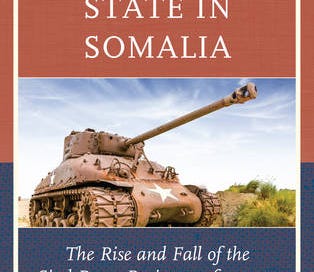


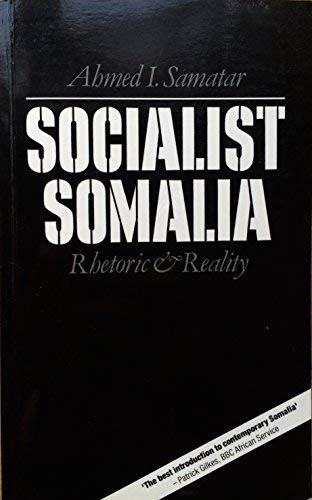

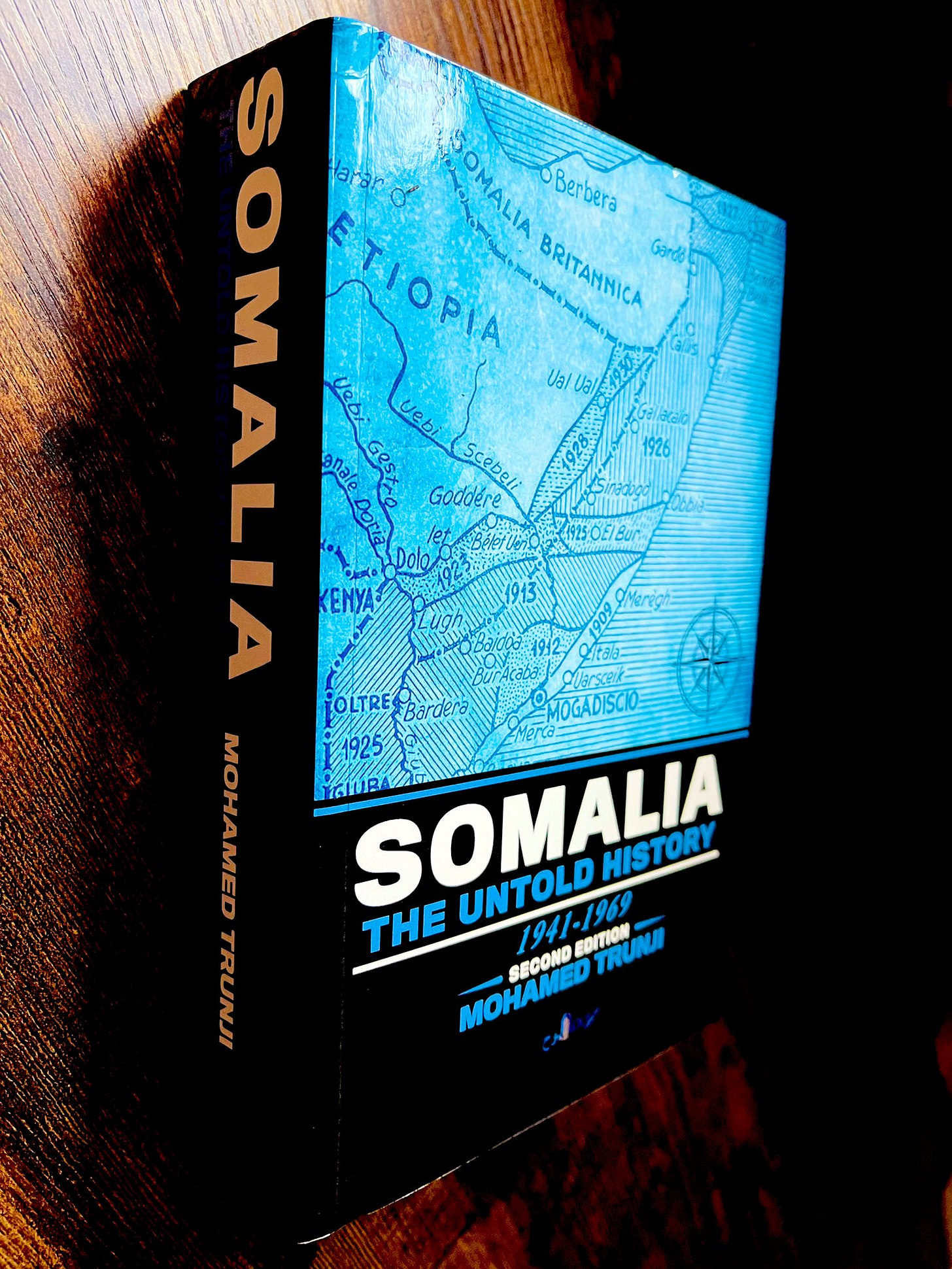
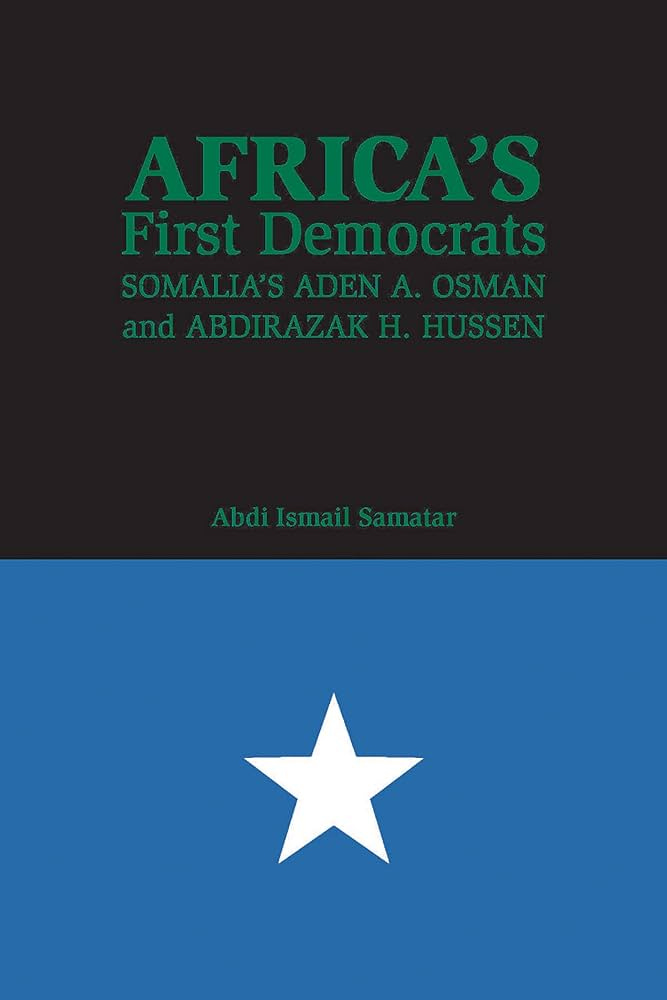
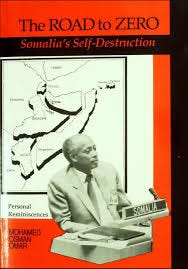

Thank you for this list, will definitely be using it for my personal study.
Valuable historical books, thanks for sharing